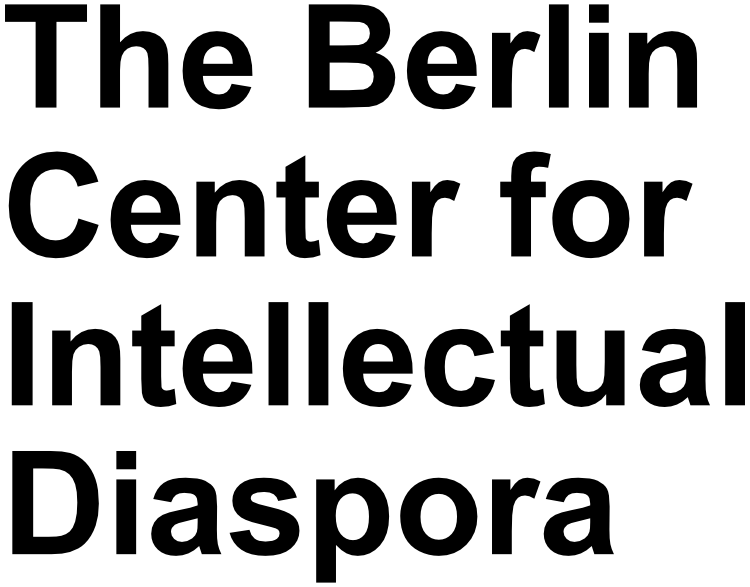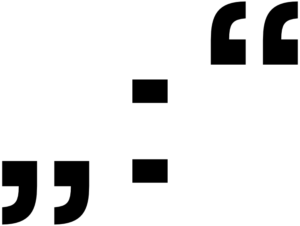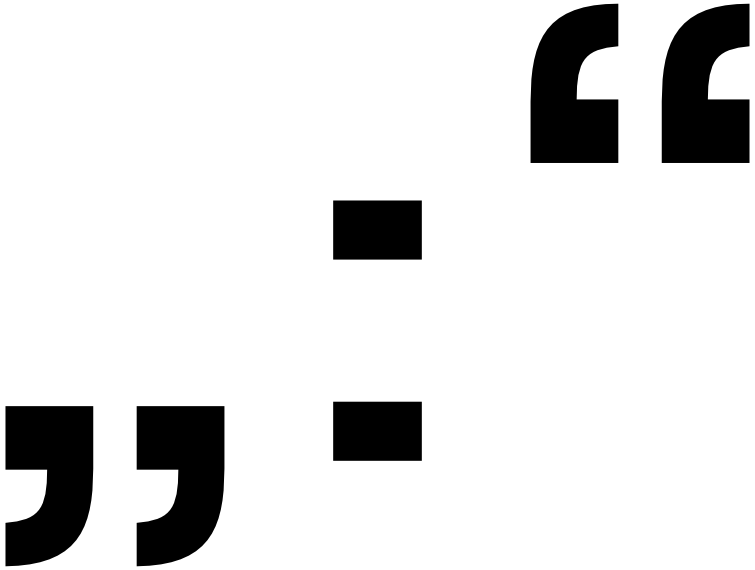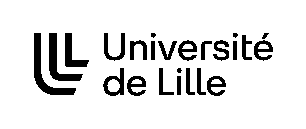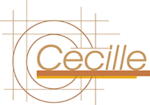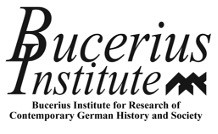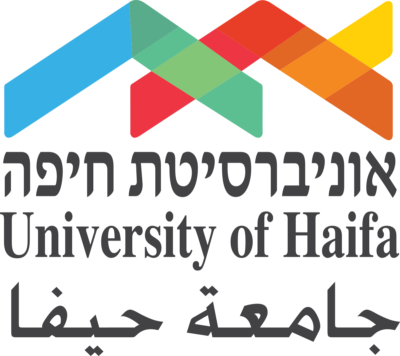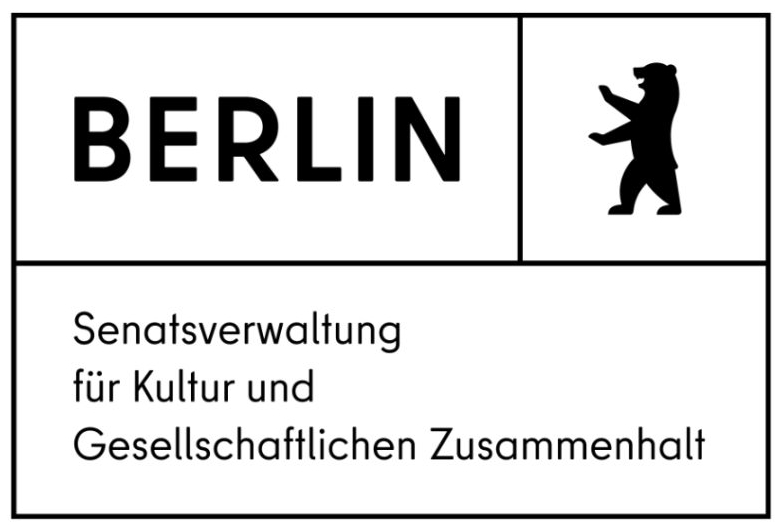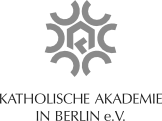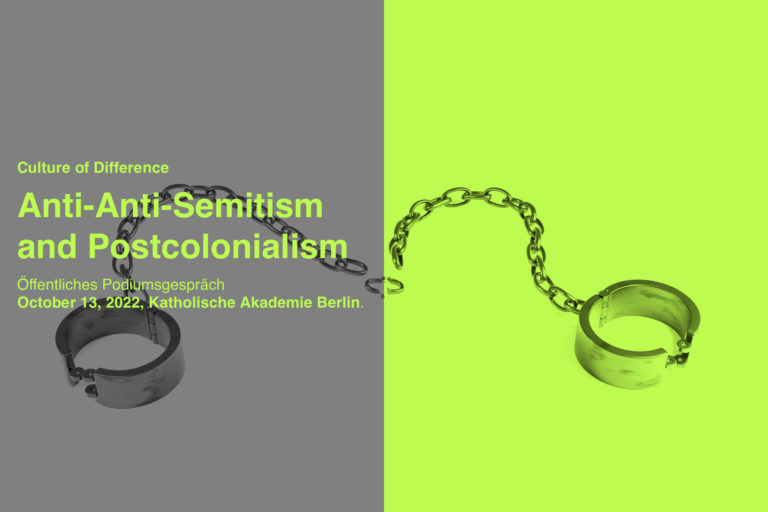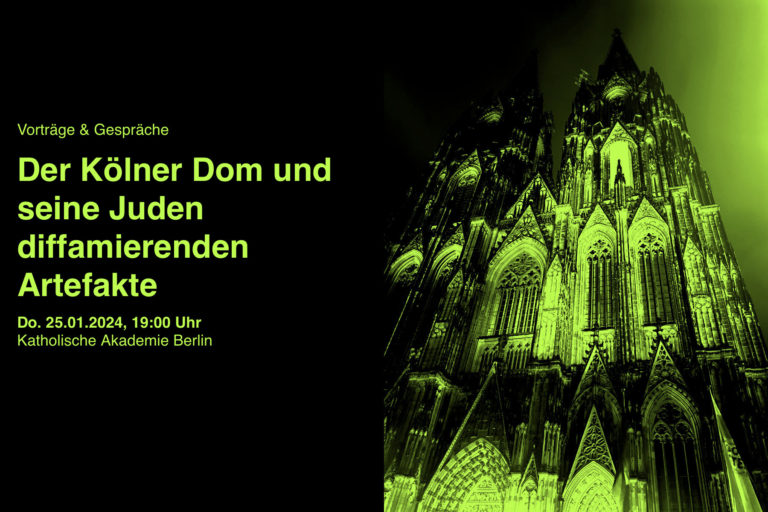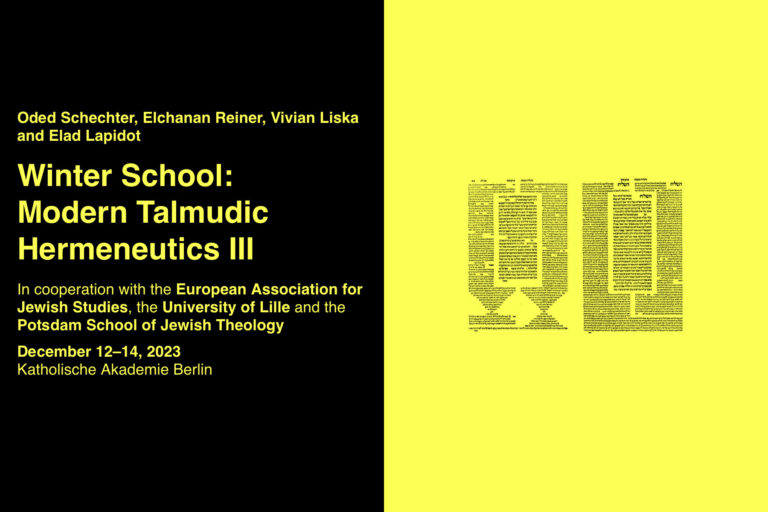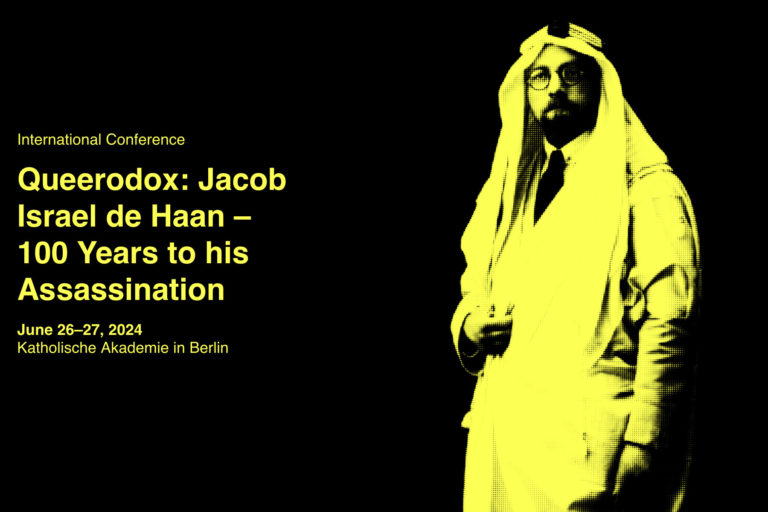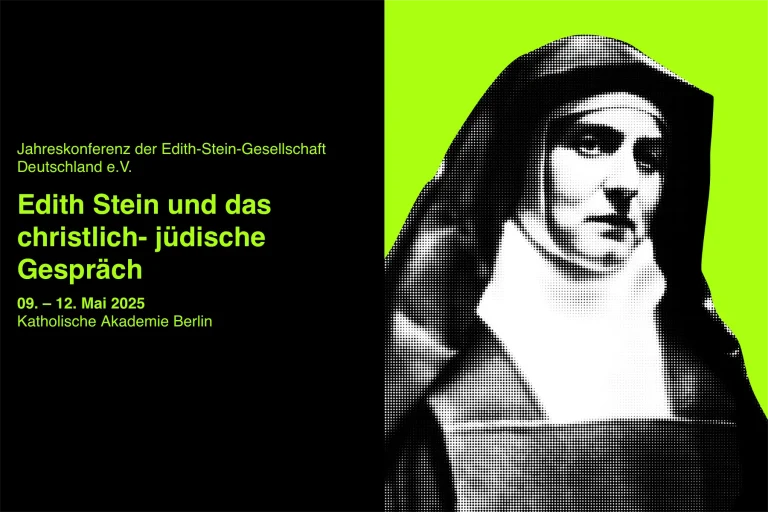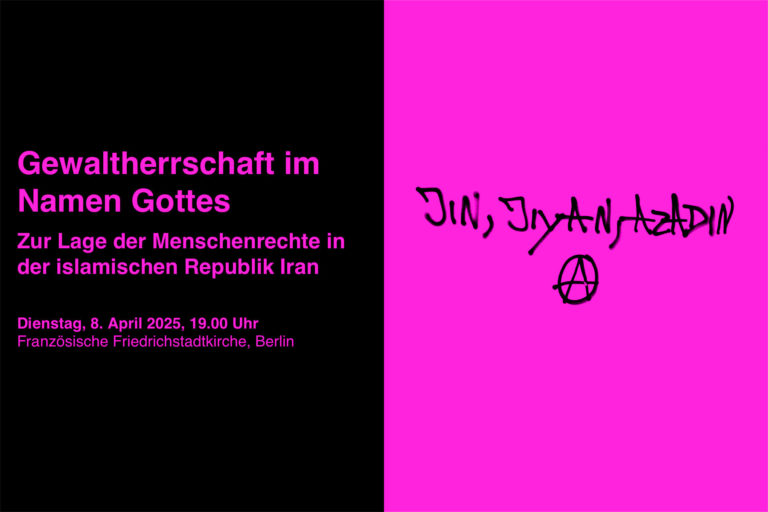International Conference
Weltliteratur:
Contemporary Readings
of a Contested Concept
July 10–11, 2023, Katholische Akademie Berlin
Nuzhat al-mushtāq fī ikhtirāq al-āfāq (c) Bodleian Libraries, University of Oxford, CC BY-NC 4.0
Weltliteratur: Contemporary Readings of a Contested Concept
July 10–11, 2023
Katholische Akademie Berlin
Hannoversche Str. 5, 10115 Berlin
The notion of Weltliteratur has a long and rich history. Since Goethe’s reflections on the encounters between different literary traditions, Weltliteratur has been used in a variety of contexts and for a wide range of purposes: from fulfillment of the Enlightenment ideal of universal affinity and a free flow of ideas across political, linguistic and cultural borders, to an embodiment of the oppressive ascendancy of a hegemonial, euro-centric West that appropriates, expropriates and disenfranchises underprivileged cultures, languages and religious traditions. Contemporary discourse on World Literature strives to continue refining and critiquing cross-cultural encounters between literary conventions (traditional and modern), languages, institutions, heritages and hegemonies (political, social, cultural), expressing a particular concern for the impact of euro-centric hegemonies on the global literary scene. The conference aims to join this scholarly conversation by unpacking latent, dormant and unrealized possibilities within the notion of World Literature. Arising from the activity of the international research group Weltliteratur and Cultural Appropriation based at the Bucerius Institute, The University of Haifa, the conference will focus on the confluence between the notion of Weltliteratur and religion, broadly construed, and its potential for the development of new theoretical models of World Literature.
In this context, empowerment will be explored as the attempts of a given literary tradition of a non-hegemonic groups to establish an independent literary voice that validates the group’s cultural and/or religious heritage and legitimacy, and as an independent voice in cross-cultural encounters on the global literary scene. Aspects such as religious faith and practices, themes from holy scriptures or theological concepts, will be examined as realized in literary works. Thus, for example, the late 19th-early 20th century reawakened interest of German speaking Jews in their literary heritage through the translation of traditional religious texts into German, the rise of an intellectual discourse on Jewish identity through the lens of modernity, the emergence of a modern literary canon of Jewish authors writing on religious themes in German or in translation into German (e.g. Martin Buber, Richard Beer-Hofmann, Micha Yosef Berdiczewski), or the rivalry between German and Hebrew to become the representative language of Jewish spiritual renewal, may be understood as forms of empowerment within the context of Weltliteratur.
Disenfranchisement will be understood as the partial or full loss of control of a given literary tradition over its heritage by caving in to pressures (internal or external) to accept hegemonial dictates, conceding local conventions and condemning to oblivion traditional works and knowledge, in favor of other languages, literary forms and discourses. In this respect, the predicament of colonial and post-colonial literatures in the Indian subcontinent provide numerous examples: the preference of hegemonial languages (English, Hindi) over local dialects, the translation of sacred texts into European languages, the migration of authors to Western capitals (mostly in the English-speaking world), are expressions of such disenfranchisement.
Following Aamir Mufti’s use of German-Jewish history as a model for negotiating these challenges in post-colonial Indian literature in Enlightenment in the Colony: The Jewish Question and the Crisis of Postcolonial Culture, the conference will encourage participants to construct theoretical models that will shed new light and tease out new possibilities within the framework of Weltliteratur from religiously-inspired literary works in specific literary traditions (historical and/or contemporary).
The simultaneous progression along three tracks — literary critique, religious studies and theoretical reflection — is expected to yield new insights on the potential of World Literature as a paradigm of cross-cultural encounters and a site for renegotiating power relations between and within theoretical discourses.
Organizers
Elad Lapidot, Hebraic Studies, The University of Lille & Katholische Akademie in Berlin
Orr Scharf, Cultural Studies MA Program & Bucerius Institute for Research of Contemporary German History, The University of Haifa
The Berlin Center for Intellectual Diaspora in cooperation with:
University of Lille/ CECILLE
Bucerius Institute for Research of Contemporary German History
University of Haifa
Leo Baeck Institute Jerusalem for the Study of German-Jewish History and Culture
Berliner Institut für islamische Theologie
Senatsverwaltung für Kultur und Gesellschaftlichen Zusammenhalt
Livestream on Youtube
Public Event: Literature in Diaspora
Tu, July 11, 19:00–20:30
Participants
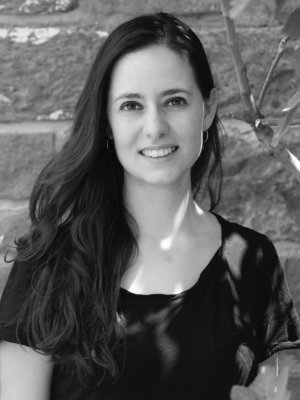
Chiara Caradonna is Senior Lecturer at the Department of Romance Studies of the Hebrew University of Jerusalem. In her research she deals with modern and contemporary European poetry on the one hand, and with the “excessive” novel that defies the genre’s formal boundaries on the other. In this context, she is particularly interested in the intersections between literature, philosophy, anthropology and visual arts. She has published, among others, on Paul Celan, Paul Valéry and Edmund Husserl, Pier Paolo Pasolini, Daniel Sada and Rainer René Mueller. Lately, she has been focusing on the modern and contemporary literature of Southern Italy and in particular on the work of Sicilian writer Stefano D’Arrigo.
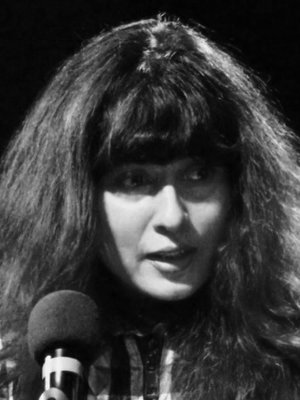
Divya Dwivedi is a philosopher based in India. She is Asssociate Professor of Philosophy and Literature at the Indian Institute of Technology, Delhi. Her research is concerned with the ontology of the literary, the address function, postcolonial racisms, and Psychoanalysis. Her most recent works include Gandhi and Philosophy: On Theological Anti-Politics co-authored with Shaj Mohan (Foreword, Jean-Luc Nancy; Bloomsbury, 2019). She is the guest-editor the special issue of Critical Philosophy of Race 11.1 (2023) on “Caste and Racism in India,” and of The Vitality of Evil (Roman and Littlefield, 2022), and co-editor of Narratology and Ideology: Negotiating Context, Form, and Theory in Postcolonial Narratives (Ohio State University Press, 2018).
Since 2018, Dwivedi is a member of the Theory Committee of the International Comparative Literature Association, and since 2022 an executive council member of the Internaiton Society for the Study of Narrative. In November 2020, Dwivedi co-founded a new open access multilingual journal Philosophy World Democracy together with Jean-Luc Nancy, Shaj Mohan, Achille Mbembe, and Mireille Delmas-Marty.
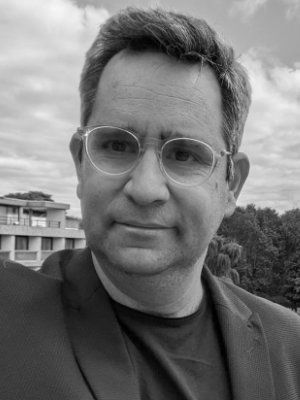
Amir Engel teaches at the German department at the Hebrew University. He studied philosophy, literature, and culture studies at the Hebrew University and completed his PhD. in the German Studies department at Stanford University. He also taught and conducted research at the Goethe University in Frankfurt am Main. His works are in the field of German Jewish literature and intellectual history.
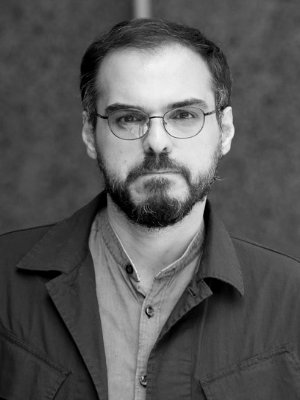
Anoush Ganjipour is a permanent researcher on philosophy at the Centre National de Recherche Scientifique (Centre Jean Pépin-École Normale Supérieure, Paris). He is a specialist in Islamic thought and comparative philosophy. His last monography focuses on Islamic political theology: L’ambivalence politique de l’islam : pasteur ou Léviathan ? (Seuil, 2021) He has recently edited the following books: Politique de l’exil. Giorgio Agamben et l’usage de la métaphysique (Éditions Lignes, 2019) Monothéismes et politique : modernité, sécularisation, émancipation (CNRS Éditions, 2022)
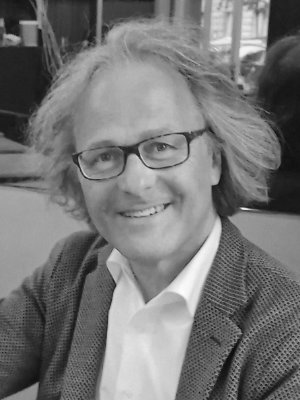
Andreas Keller, geb. 1961: Studium der Germanistik und Kunstgeschichte (Stuttgart, FU Berlin), Promotion und Habilitation an der Universität Potsdam, umfassende Lehr- und Forschungstätigkeit an der Universität Potsdam, der JGU Mainz und der KU Eichstätt-Ingolstadt. 2014-2016 Wissenschaftlicher Mitarbeiter im Projekt “Übersetzungen im Wissenstransfer” (Leibniz-Zentrum für Literatur- und Kulturforschung, Berlin); 2019-2021 Redakteur für das “Frühneuhochdeutsche Wörterbuch” (Akademie der Wissenschaften zu Göttingen); seit 2022 Redakteur und Herausgeber des interdisziplinären Kompendiums „Reisen. Mobilitäten – Räume – Medien. Ein Handbuch“ (Forschungsstelle zur historischen Reisekultur an der Eutiner Landesbibliothek). Forschungsschwerpunkte: Rhetorik, Lexikografie und Begriffsgeschichte, Reiseliteratur, Religion und Medialität.
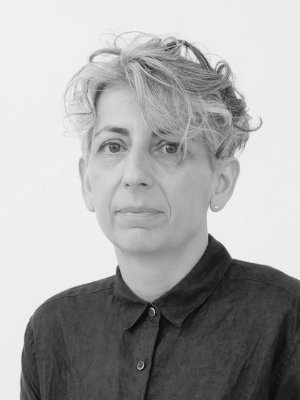
Kader Konuk is professor of Turkish studies at the University of Duisburg-Essen in Germany, and starting in August 2023 she is going to take up a professorship in Germanistik at the Technical University Dortmund. Her research focuses on ethnic and religious communities in the Ottoman Empire, Germany, and Turkey, and examines discourses, cultural practices, and disciplinary formations that are shaped by travel, migration, and exile. Her monograph, East West Mimesis: Auerbach in Turkey (Stanford UP 2010), for example, investigates the relationship between German-Jewish exile and the modernization of the humanities in Turkey. East West Mimesis won the annual prizes for the best book in both of my disciplines—it was selected for the René Wellek Prize by the American Comparative Literature Association and received the German Academic Exchange Service (DAAD) award from the German Studies Association.
In 2017, she co-founded Academy in Exile, a third-party-funded consortium that has offered 78 scholars-at-risk from 15 different countries fellowships to resume their research in Germany. Last year, Academy in Exile expanded the program to welcome a further 13 fellows from Afghanistan, along with three artists in residence.
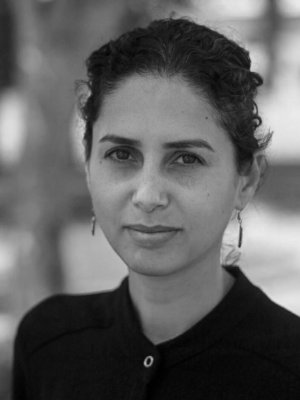
Zahiye Kundos is a literary scholar, specializing in modern Islam, Arabic literature and the critique of modernity. She is completing her first book: In the Name of God we Will be Modern (Once Again): The Re-Religious Turn of Jamāl al-Dīn al-Afghānī and Muhammad ʿAbduh and the Critique of European Modernity. In her current project, ‘The Afterlife of Muhammad ʿAbduh in Arabic Literature,’ which focuses on the Egyptian canon, Kundos demonstrates the influence of modern religious reforms on the development of Arabic literature. She is a member of the editorial advisory board at Political Theology Beyond, a public scholarship project from the journal Political Theology. She is a fellow at the Forum Transregionale Studien, Berlin, with the support of the Minerva Foundation.
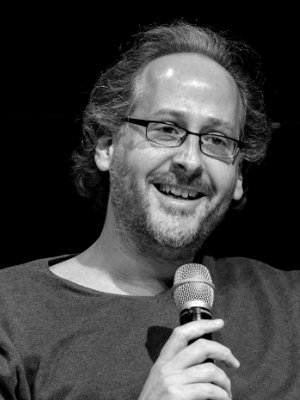
Elad Lapidot is professor for Culture Studies at the University of Lille, France. He specializes in philosophy, Jewish thought and Talmud and was teaching at the University of Bern, Switzerland, the Humboldt Universität Berlin and the Freie Universität Berlin. His work is guided by questions concerning the relation between knowledge and politics. Among his publications: Jews Out of the Question. A Critique of Anti-Anti-Semitism (SUNY Press, 2020), Hebrew translation with introduction and commentary of Hegel’s Phänomenologie des Geistes, Vol. 1 (Resling, 2020), Heidegger and Jewish Thought. Difficult Others, (Rowman & Littlefield, 2018), and Etre sans mot dire : La logiqe de ‘Sein und Zeit’ (Zeta Books, 2010).
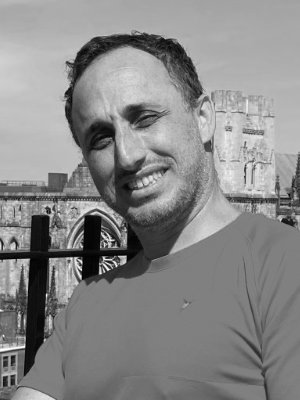
Adi Mahalel is a Visiting Assistant Professor of Yiddish Studies at the University of Maryland. He received his doctoral degree in Yiddish Studies from Columbia University. His book, The Radical Isaac: I. L. Peretz and the Rise of Jewish Socialism, was published by SUNY Press in 2023. Adi’s areas of interest include modern Hebrew and Yiddish literatures, Jewish cultures in modern times, and the crossroads between culture and politics. He has published articles and translations on these subjects in multiple languages, and has taught in multiple institutions, including Columbia University, and the YIVO institute in New York.
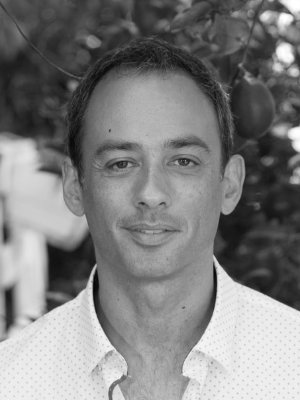
Nir Ratzkovsky is a lecturer at the University of Haifa, and a translator of French literature into Hebrew. His main fields of research are the history of Hebrew translation, and cultural aspects of translation. His book “The Adventures of Molière in the Holy Tongue – A Century of Translations into Hebrew” will be published this year by the Open University Press in Israel.
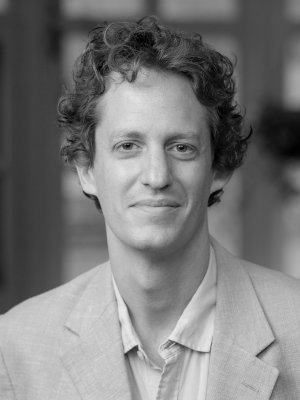
James Redfield is Assistant Professor of Biblical and Talmudic Literatures in the Department of Theological Studies and a Fellow of the Research Institute at Saint Louis University, now concluding three-year terms as a visiting professor at the University of Chicago and a Humboldt fellow at Potsdam’s School of Jewish Theology. James writes primarily on rabbinic literature, with a focus on rabbinic ethnography, travel narratives, and storytelling more broadly. He has also published articles on ancient ethnography; phenomenology; and the work of Erich Auerbach; Isaak Heinemann, and Mikhah Yosef Berdichevsky, and published editions and translations of Jewish literature by Berdichevsky, Heinemann, and others.
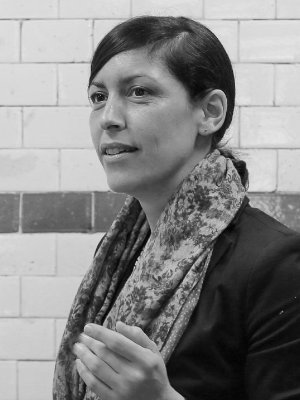
Nassima Sahraoui is a philosopher based in Germany. She currently teaches at the University of Tübingen and was a fellow at the Erich Auerbach Institute for Advanced Studies, at the Centre for Advanced Studies “Imaginaria of Force”, and at the Forschungsinstitut für Philosophie. Her areas of research are political theory, history of philosophy and philosophy of history, intersections between literature and philosophy, critical theory and deconstruction. Her publications include the monograph Dynamis. Eine materialistische Philosophie der Differenz (2022), the co-edited volumes Heidegger in the Literary World. Variations on Poetic Thinking (2021), Thinking in Constellations. Walter Benjamin in the Humanities (2018), a special edition of the Oxford Literary Review “The Present of Deconstruction” (2014), and an anthology on the concept of idleness Kleine Philosophie der Faulheit (2012). Nassima is co-editor of the yearbook New Benjamin Studies. She is currently researching on an interdisciplinary study about (the) body politic(s) and forms of resistance. Apart from her work as an academic scholar, Nassima Sahraoui works as a teacher, translator, and moderator.
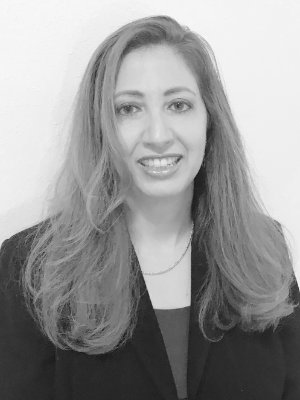
Lena Salaymeh is British Academy Global Professor in the Oxford School of Global and Area Studies (University of Oxford) and Professor in the Section des Sciences Religieuses of the École Pratique des Hautes Études (Paris Sciences et Lettres). She is also Co-Organizer of the Decolonial Comparative Law Project at the Max Planck Institute for Comparative and Private International Law (Hamburg). Salaymeh is a scholar of law and history, with specializations in Islamic jurisprudence, Jewish jurisprudence, and critical theory.
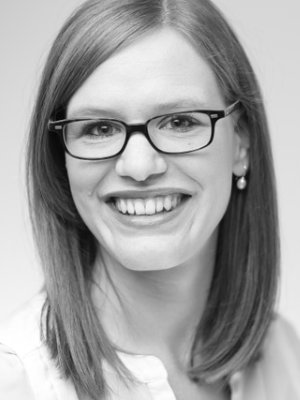
Caroline Sauter teaches Comparative Literature at Goethe University in Frankfurt, Germany. Her work focuses on translation theory and literary theory, particularly in German-Jewish thought, and on the interconnection between literature and theology. Caroline is the author of a monograph on Walter Benjamin’s translation philosophy (Die virtuelle Interlinearversion, 2014), and the co-editor of several books. Her translation into German and edition of Jacques Derrida’s “Qu’est-ce qu’une traduction ‘relevante’?”, together with Esther von der Osten, has recently been published with Transcript. She is currently completing a book manuscript about the afterlife of the biblical Song of Songs (shir ha-shirim) in European (post-)modern theory, studying e.g. Goethe, Herder, Scholem, Rosenzweig, Kristeva, and Cixous.
Caroline has worked academically in Düsseldorf, Paris, Munich, Berlin, Frankfurt, and Cambridge (Mass.). In 2017/18, she held a Feodor Lynen Research Fellowship of the Alexander von Humboldt Foundation at Harvard University.
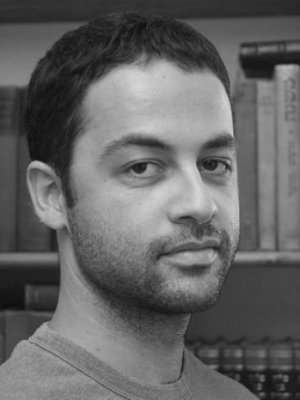
Orr Scharf is faculty at the Cultural Studies M.A. Programme and a research fellow at the Gerd Bucerius Institute for Research of Contemporary German History and Society, The University of Haifa. He is author of Thinking in Translation: Scripture and Redemption in the Thought of Franz Rosenzweig (De Gruyter, 2019), and editor of volume 5 in the critical edition of Martin Buber’s complete works, Vorlesungen über Judentum und Christentum (Gütersloh, 2017). He has published articles on topics such as translation and cultural appropriation, theology and political thought, and the impossibility of translation. Orr’s translations include Yaniv Iczkovits’ Hebrew novel The Slaughterman’s Daughter (winner of the Wingate Prize, 2022), and Tractate Sotah for the Oxford Mishnah, together with Ishay Rosen-Zvi.
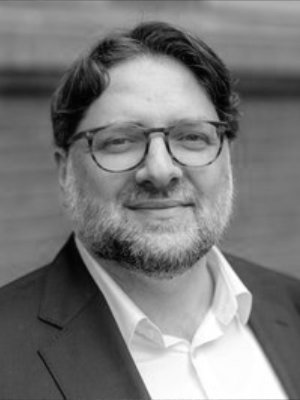
Ufuk Topkara (Assistant Professor for Comparative Theology from an Islamic Perspective, Humboldt University Berlin), holds a PhD in Islamic Theology from the Graduate School for Islamic Theology in Germany. Dr. Topkara has worked in inter-religious affairs, holding an MA in German-Jewish History from the Humboldt University Berlin and training in comparative theology. He is the author of two books, Umrisse einer zeitgemäßen philosophischen Theologie im Islam. Die Verfeinerung des Charakters (Metzler Springer Publishing) and Happiness, Justice, and Friendship in Miskawayh’s Tahdib al-Ahlaq (forthcoming with Routledge Press).
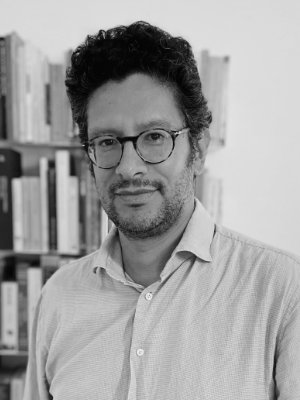
Pablo Valdivia is Assistant Professor at the Chair of Western European Literatures at the EUV Frankfurt/Oder. Graduated in Latin American Studies and Journalism with a thesis on the media-aesthetic implications in Magical Realism (Magister thesis) at the FU Berlin, 2011 Romance Studies doctorate on 20th century Latin American Novel Theory. Research interests in Spanish- and French-language literature, theoretically in literary theory and postcolonial studies, historically early modern and 20th century. The second book (Habilitation) is dedicated to Petrarch (“Peotry’s Infinite Desire: Petrarch’s Secretum – a political poetology”) and will be published next year.
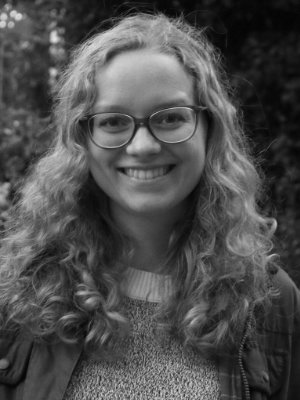
Rebekah Vince is Lecturer in French at Queen Mary University of London. She is editor of the bilingual journal Francosphères and co-editor of the book series Mobilizing Memories published by Brill (with Hanna Teichler). She recently published ‘Inter-doubt dialogue in Slimane Benaïssa’s Prophètes sans Dieu’ in Contemporary French Civilization. Alongside Samuel Sami Everett, she co-edited Jewish-Muslim Interactions: Performing Cultures between North Africa and France (Liverpool University Press, 2020; 2023). She also contributed to the collaborative translation A Jewish Childhood in the Muslim Mediterranean: A Collection of Stories Curated by Leïla Sebbar (UC Press, 2023). Her essay ‘Music of the Francospheres’ was jointly awarded the 75th anniversary French Studies essay prize on the future of French Studies, alongside Sura Qadiri’s essay ‘The Future is in the Making’.
Program
Monday, July 10
| 9:00 | Reception |
| 9:20–10:00 | Greetings |
| 10:00–11:30 | Session I: World Literature, in theory Moderator: Elad Lapidot Divya Dwivedi (Indian Institute of Technology Delhi): World and Locality after Weltliteratur Lena Salaymeh (École Pratique des Hautes Études, Paris): Decolonial tradition: between historiography and internal hermeneutics |
| 11:30–12:00 | Coffee Break |
| 12:00–13:30 | Session II: The Literary Holy Moderator: Omri-Chana Ben Yehuda Rebekah Vince (Queen Mary University, London): ’Je voudrais dire sacré’: Resisting Secularism and Revitalising Tradition in Leïla Sebbar’s ‘L’Arabe comme un chant secret‘ Adi Mahalel (University of Maryland): “A Marksistish Yerusholaim”: Representations of Holiness in Ayalti’s Early Yiddish Novel |
| 13:30–14:30 | Lunch Break |
| 14:30–16:00 | Session III: Literature and Islam Moderator: Yael Attia Zahiye Kundos (Forum Transregionale Studien, Berlin): Amina and the Breaking of the Secular Silence: Revisiting The Cairo Trilogy by Naguib Mahfouz Ufuk Topkara (Humboldt Universität Berlin): Depicting Islam in modern novels: the case of Ayad Akhtar’s “American Dervish” |
| 16:00–16:30 | Coffee Break |
| 16:30–17:30 | Session IV: Islamic-Jewish Letters Moderator: Itamar Ben Ami Anoush Ganjipour (ENS-CNRS, Paris): From the Israeli Republic to the Islamic Republic: Jalal Al-e Ahmad and his Postcolonial Theopoliticy Elad Lapidot (University of Lille): The Islamic Self of French-Jewish Thought |
| 18:00–19:30 | Public Event: Literature in Exile Moderator: Orr Scharf Kader Konuk (Universität Duisburg-Essen): Ambiguous Loss in Testimonies of Exile Andreas Keller (Universität Potsdam): Franz Werfel: From Urban via Exile to World-Literature? |
| 20:00 | Dinner |
Tuesday, July 11
| 09:30–11:30 | Session V: Italian Worlds Moderator: Ulrika Björk Chiara Caradonna (The Hebrew University in Jerusalem): Syncretism and Subalternity in Italy’s South: The Case of Sicilian Fishermen Pablo Valdivia (Viadrina Frankfurt/Oder, Paris 1 Panthéon Sorbonne): Petrarca’s Cultural Transformation of Salvation Nassima Sahraoui (Frankfurt): Heaven and Hell of the Empire: Body Politics in Dante |
| 11:30–12:00 | Coffee Break |
| 12:00–13:30 | Session VI: Europe in Hebrew Moderator: TBD Orr Scharf (University of Haifa): Nietzschean Prophecies: David Frischmann’s ‘Also Sprach Zarathustra’ and the Antinomies of Modern Jewish Existence Nir Ratzkovsky (University of Haifa): The Hybrid and the Carnivalesque: Tartuffe between Jesuite and Rabbi |
| 13:30–14:30 | Lunch Break |
| 14:30–16:30 | Session VII: Loshn Koydesh as ‘Weltliteratur‘ Moderator: Yael Sela Teichler Amir Engel (The Hebrew University in Jerusalem): Expressionism and German Jewish Kabbalah: the Strange case of Meir Wienr’s German Poetry James Adam Redfield (Saint Louis University): Aggadah between Myth and Literature: Isaak Heinemann’s Theopolitics Caroline Sauter (University of Frankfurt): La figure est amoureuse: Shir ha-shirim as literature in Julia Kristeva |
| 16:30–19:00 | Free Afternoon |
| 19:00–20:30 | Public Event: Literature in Diaspora Moderator: Chiara Caradonna Authors: Fariba Vafi, Meriam Bousselmi, Moshe Sakal, Antonio Ungar Reading and Concert: Dory Manor, Eva Glasmacher and Deniza Popova Live on Youtube: https://youtube.com/live/hEa0bFB58J8 |
| 21:00 | Dinner |
